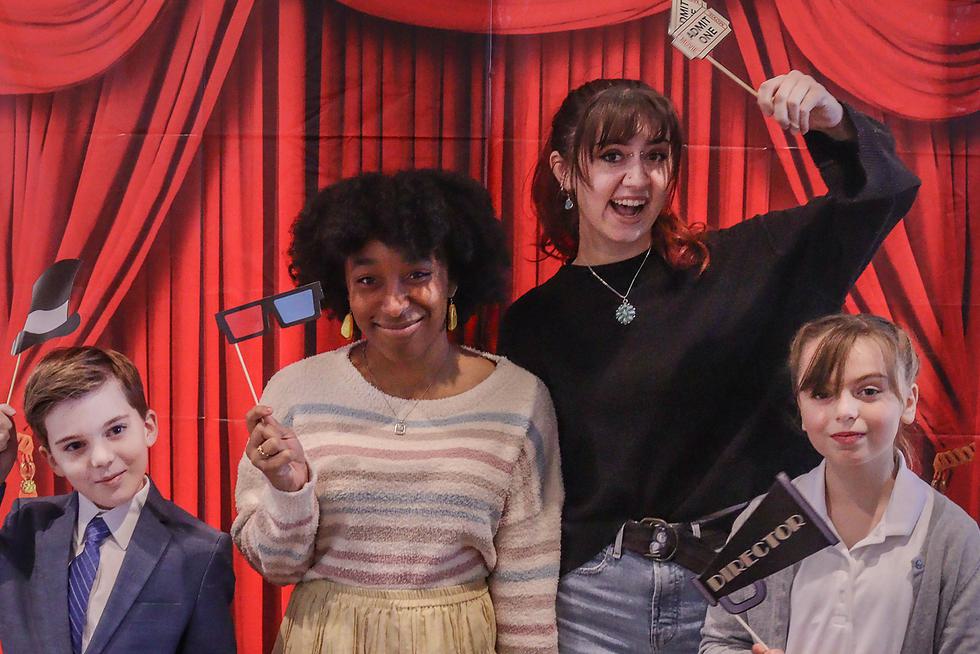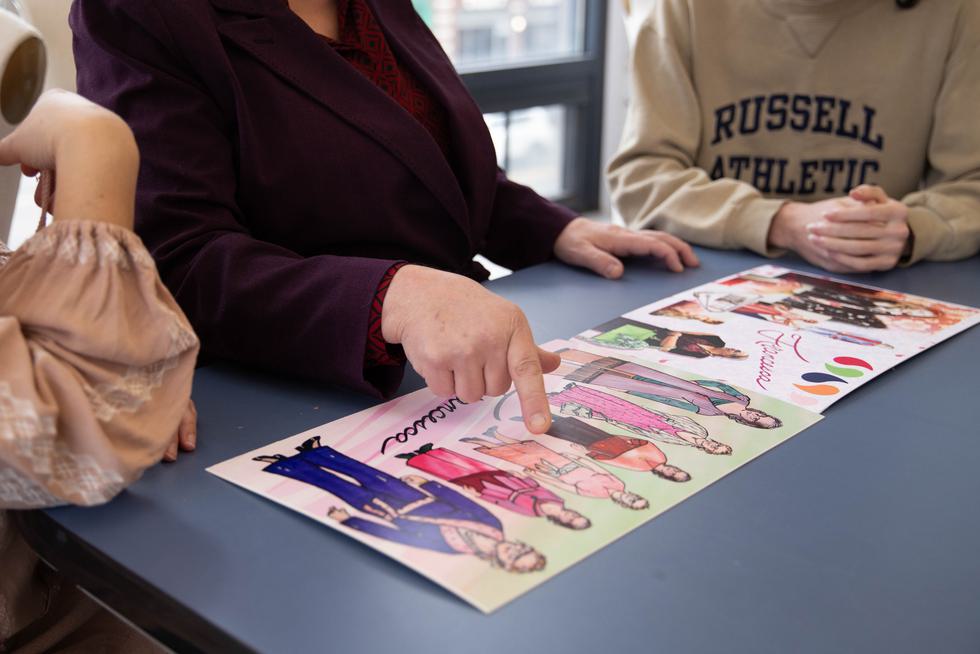CCAD Stories
Read news stories.
-

With CFA’s new fashion innovation center next to campus, CCAD students and community creatives gain more resources, mentorship, and opportunities to launch careers in fashion.
-

CCAD announces leadership updates to its Board of Trustees, including the appointment of architect Michael Bongiorno as Chair and seven new trustees whose diverse expertise will help shape the college’s future.
-

Two animation students turned young storytellers' dreams into short films. With mentorship from industry pros, Myka Williamson and Hope Margaritis brought prehistoric adventures to life—one frame at a time.
-

Fashion has the ability to transform wearers, filling them with confidence and celebrating their personality. A recent classroom project that paired CCAD’s Fashion Design students with clients from the nonprofit Dress for Success did that—and so much more.







